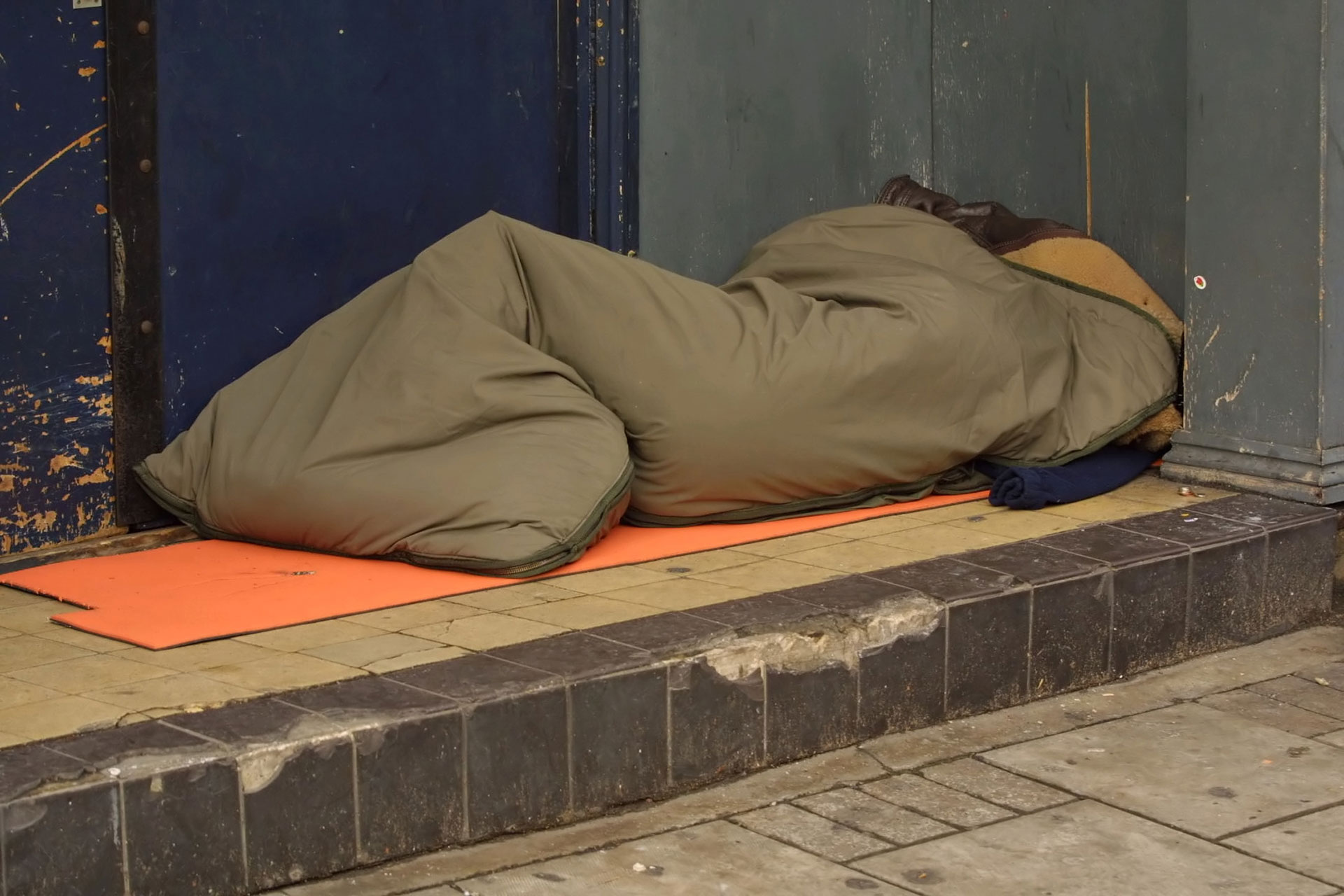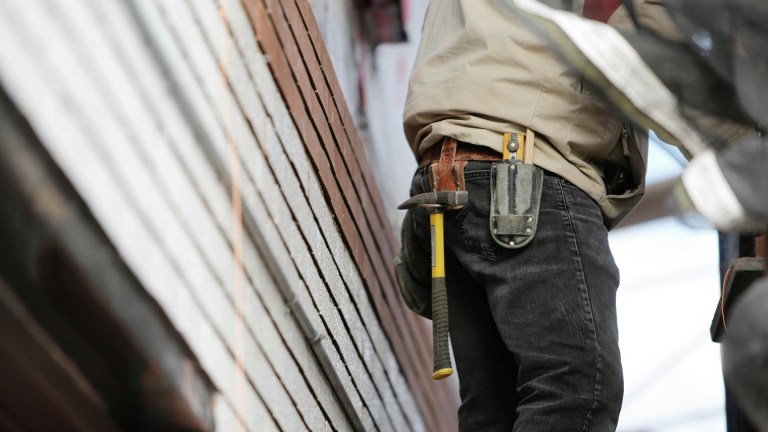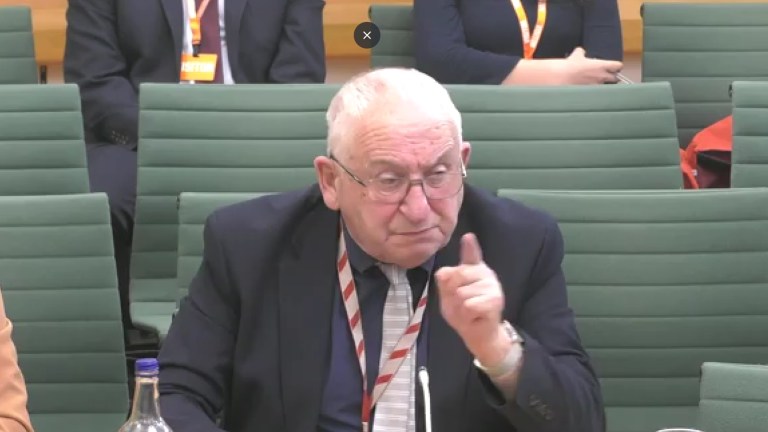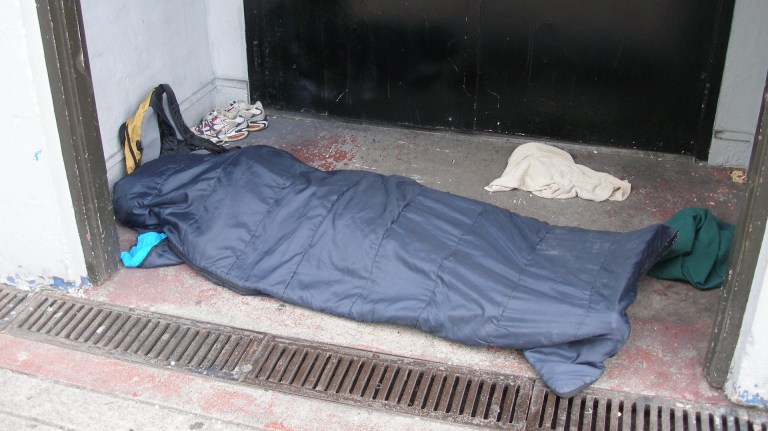“This judgment removes any doubt: councils should not be leaving people on the streets. As long as this emergency persists, the legal powers are there to protect everyone from the dangers of rough sleeping.
“In a crisis of this magnitude access to emergency accommodation is no longer up for debate. The government now needs to issue explicit guidance to councils that anyone who needs it, must be provided with a safe place to stay.”
Campaigners have called for the Westminster Government to suspend the no recourse to public funds condition during the pandemic with protection from Covid-19 for those driven to destitution up to local authorities’ discretion.
There are nearly 1.4 million people living under the condition in the UK, according to research conducted by the The Migration Observatory at the University of Oxford on behalf of Citizens Advice.
Mel Steel, the director of Voices in Exile, a charity supporting refugees, asylum seekers and migrants in Brighton and Hove, said the ruling is a “victory for common sense”.
Advertising helps fund Big Issue’s mission to end poverty
Steel said: “We believe the council got this badly wrong. They should have intervened earlier to protect the wider public in Brighton and understood the principles of the ‘Everyone In’ programme – restricting community transmissions, protecting the NHS and saving lives.”
The ruling could have repercussions for local authorities who have turned rough sleepers away believing they were ineligible for support during the year in which the Everyone In scheme has been in operation.
In a crisis of this magnitude access to emergency accommodation is no longer up for debate
More than 37,000 people have been protected from the virus in hotels and emergency accommodation under the scheme.
Responding to the ruling, councillor Siriol Hugh-Jones, joint-chair of Brighton & Hove City Council’s housing committee, told The Big Issue the local authority “welcomed the ruling” and called on the Westminster Government to provide guidance on the matter.
Cllr Hugh-Jones said : “We would have preferred the government to act on our call to suspend the restrictions on assisting those with NRPF. But the court’s clarification of exactly where councils are able to offer assistance is helpful.
“We intend to use those additional powers where appropriate in all future work involving people with NRPF.
Advertising helps fund Big Issue’s mission to end poverty
“In this case, the court also agreed with our view that the responsibility for accommodating the individual concerned lay with the Home Office rather than the council.”
The Conservative Government has vowed to end rough sleeping by 2024 and has hailed the impact of the Everyone In scheme during the pandemic.
Homelessness charities, councils and migrant campaigners have warned the government suspending the no recourse to public fund policy would “ease pressures on homelessness services”.
However, new Home Office rules, which came into force on December 1 last year, consider rough sleeping as basis for cancellation of permission to stay in the country, leaving non-UK nationals at risk of deportation.
The Ministry for Housing, Communities and Local Government and the Home Office have both been approached for comment.










